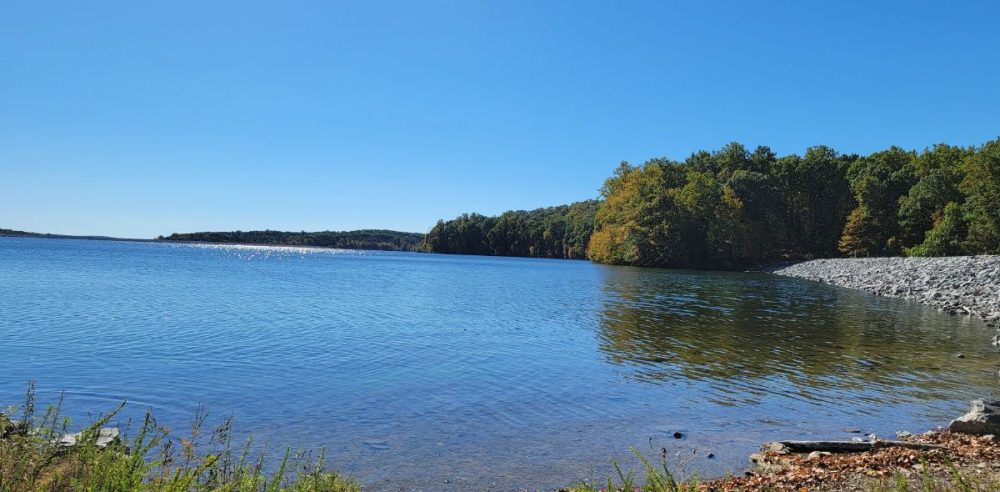(Texas Scorecard) – East Texas residents attended a Region C Water Planning Group meeting to oppose the proposed Marvin Nichols Reservoir. This proposed reservoir would provide drinking water for about 3 million people in the metroplex area, but it would engulf nearly 70,000 acres of land in East Texas.
WFAA reported that an additional 130,000 acres would need to be acquired by eminent domain to offset the environmental impact.
Residents who attended the meeting voiced concerns that the state has not looked hard enough for alternatives, such as making use of current bodies of water. They also brought up the concern that the reservoir project would oust area families, kill wildlife, and crush the area’s timber industry.
Wes Virdell, the Republican nominee for House District 53, a rural swath of West Texas, defended rural communities in East Texas in a post on X. “People should learn how to manage their resources in their communities, not take ours for their use,” posted Virdell.
“Theft is theft regardless of whether it is a band of thieves or a collective band of thieves that claim they are from the government,” he continued.
The proposed Marvin Nichols Reservoir is included in the current Region C Water Planning Group’s water plan. Region C has jurisdiction over the Dallas-Fort Worth metroplex. A 2026 region plan is currently being developed by Region C and will become a part of the 2027 State Water Plan.
The Region D Water Planning Group, which has jurisdiction over East Texas, is in opposition to the proposed reservoir. If a compromise is not reached within the next few months, the two water planning groups will formally declare a conflict. The Texas Water Development Board will then have to pick a position before publishing its 2027 water plan.
The cost of constructing the Marvin Nichols Reservoir project is estimated to be about $7 billion.
The Texas Water Development Board has drafted a feasibility review for the proposed Marvin Nichols Reservoir. The public can comment on the review until October 25. The feasibility report will then be finalized and submitted to Gov. Greg Abbott and the Legislative Budget Board by January 5, 2025.


